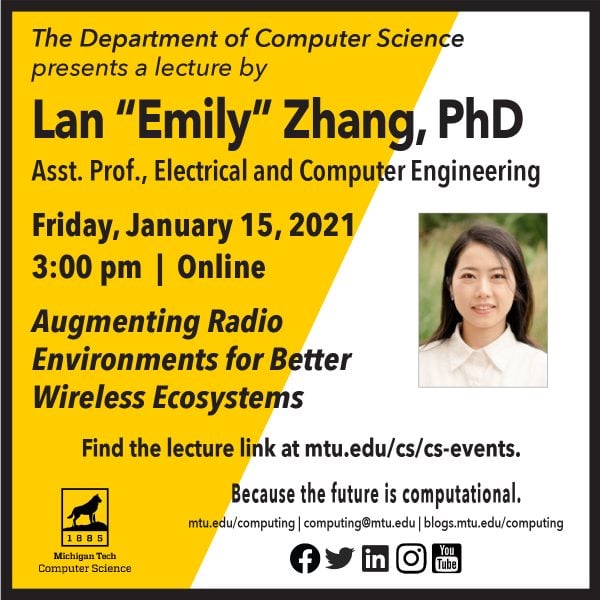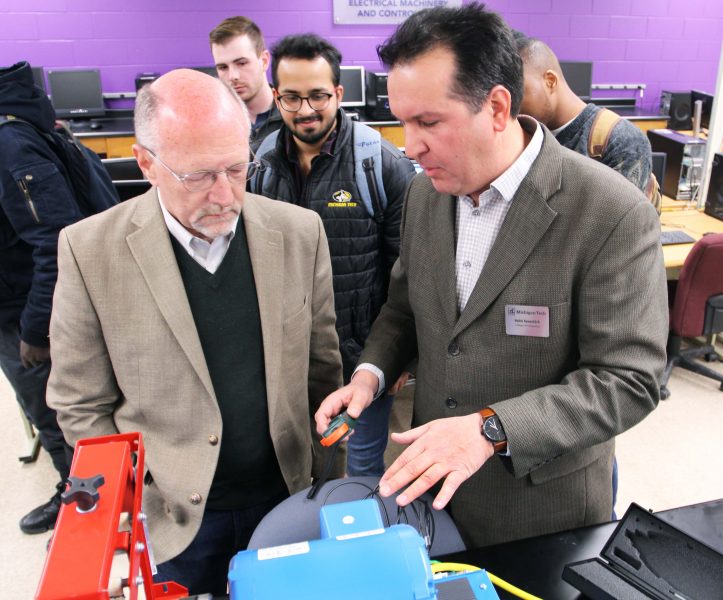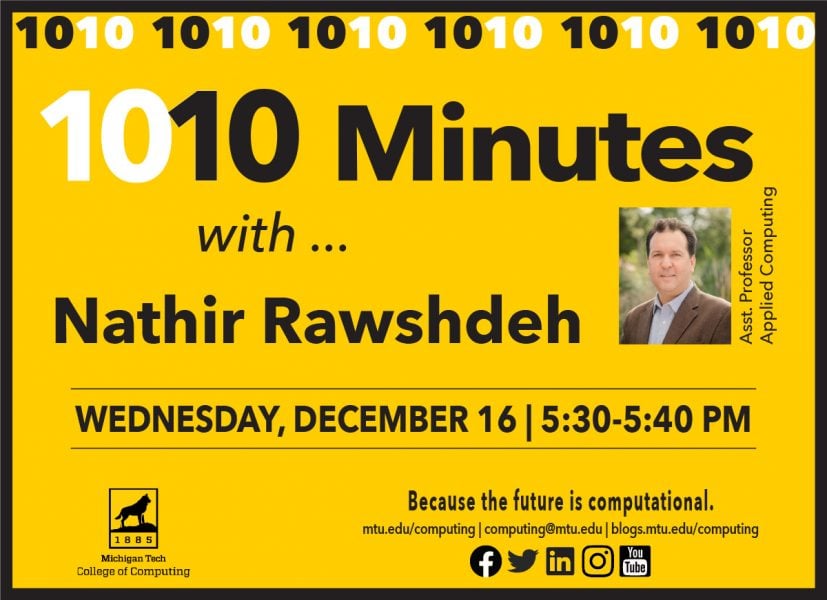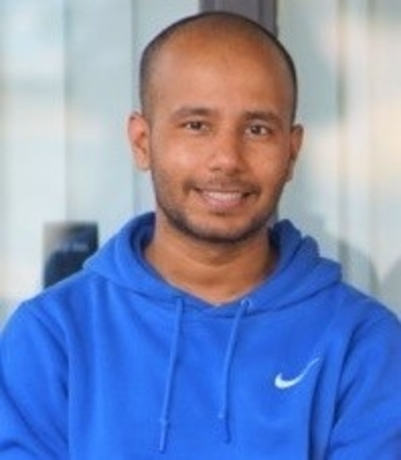by Office of the President
The Tech Forward leaders will provide the campus with an update on the progress of each initiative and related milestones. Each of the hour-long sessions will feature three Tech Forward initiatives, occurring weekly on Wednesdays for a period of three weeks. Below are the dates along with a link to the webinar for each of the presentations.
Wednesday, Jan. 20 at noon (EST)
- Policy, Ethics, Culture
- Data Revolution and Sensing
- Health and Quality of Life
Wednesday, Jan. 27 at noon (EST)
- Autonomous and Intelligent Systems
- Advanced Materials and Manufacturing
- Natural Resources, Water and Energy
Feb. 3, 2021 at noon (EST)
- 21st Century Education
- Sustainability and Resilience
- Diversity and Inclusion





